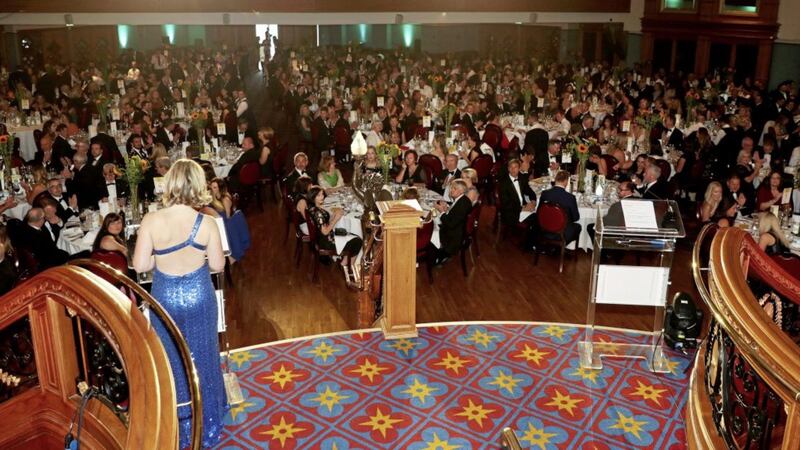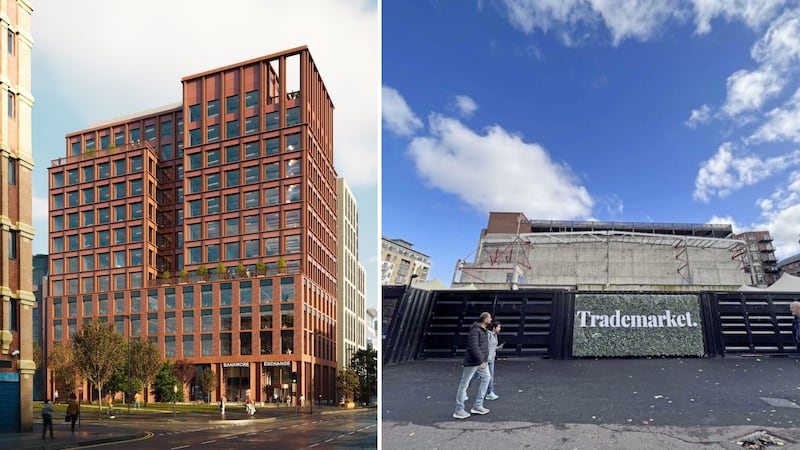BEING a strong extrovert, one of the things I've missed over the last year or so has been attending various conferences and events with colleagues, clients, and the wider business community.
Bumping into people at the buffet, or chatting to someone beside you in the auditorium were often highlights for me in finding out about what was going on and at the same time creating some new business opportunities as well. Not to mention hearing from various speakers and being able to engage in debate and conversation at the tables.
So how will this type of event transform in the future, and will it revert to what it was like previously?
To start addressing this question, we need to examine what has happened in between. Quite a lot of events were either cancelled or postponed, and a significant number were transitioned to an online format, often at relatively short notice.
Initially, most participants were glad to be able to attend something. But as the months passed, Zoom fatigue began to set in. The networking platforms did improve and there were some great examples of being able to meet at virtual tables and ‘work the room’ albeit in a virtual way.
What has been clear during this period of disruption, is that we need to rethink how we conduct our events online, not just replicate in-person meetings. If you use traditional speakers at your events, help them make the transition to the virtual environment. The simplest way to convert events to an online format is to shorten them.
Having a full-day online event just doesn’t work, and two full-days should be avoided at all costs.
Costs and logistics will drive some of this change over the next 12-months. What is clear is that if you traditionally hold multi-day events in person, now may be the time to move some of them online, and rethink each event.
A two-day event in a large ballroom may become a two-hour session online. The biggest lessons are to make everything short, keep it moving, and think of your meeting or event as a broadcast production, with or without a large budget.
There are now numerous benefits with this new approach. If you use speakers at your event, help them adapt their style to the virtual environment – and a lot of them have already done so.
Making your presentations shorter enables your presenters to make a greater impact. It is important to use polling platforms to allow your presenters to survey the audience and keep them engaged. This can be a great vein of authentic and real time information.
Some organisations are using video and animation to vary the content, which lends itself to better engagement and of course a lot of the content can be reused again for other events and on social platforms.
If you stage shorter, more stream-lined events, you may be able to afford higher-end speakers from around the world. Someone who charges £10,000 plus expenses to come and speak for one hour, may be able to do a 20-minute slot from their home for a fraction of that price. This will improve the content quality of the event and free up budget for some of the more social gatherings that I referenced earlier.
In summary, I believe the traditional one or two-day conference format will transition to a more online/blended format. But there is still a basic human need for social interaction with colleagues and the wider network, which is why I believe the traditional business dinners and awards ceremonies will come back again, maybe with virtual speakers!
I am certainly looking forward to my first awards dinner in nearly two years on October 7 at Titanic Belfast – fingers crossed it will happen.
:: Patrick Gallen is people and change consulting partner at Grant Thornton Ireland







